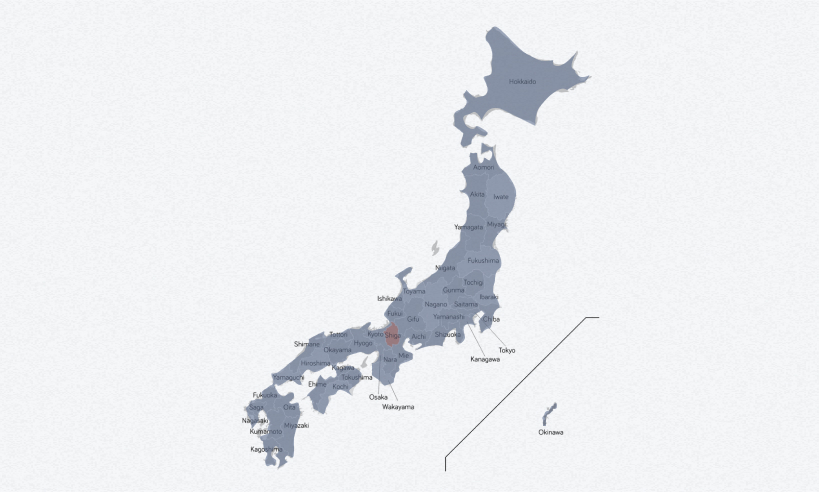Market Spotlight: Japan



-
Japan is the third largest economy in the world, behind the U.S. and China, and is an essential member of the international trade system with its strong rule of law and private property rights.
-
The country is highly dependent on natural resource imports to export finished goods, resulting in numerous trade agreements with other countries.
-
The demographics of Japan have been evolving and faces a sharply declining and aging population that will continue shaping its economy and society.
-
Japan is ranked 30th out of 190 countries on the World Bank’s Ease of Doing Business Score, making it one of the most business-friendly markets in the world.

-
Japan has one of the lowest applied tariffs in the world, with 4.3% levied on all products, 15.5% on agriculture, and 2.2% on non-agriculture.
-
Despite low tariff rates, Japan has non-tariff barriers that may impede commercial activity, such as demonstrated prior experience in Japan, domestic industry protection, interconnection of business interests with Japanese firms, and personal relationships.
-
Japan is engaged in 16 bilateral economic partnership agreements, the Regional Comprehensive Economic Partnership (RCEP) free trade agreement, the Comprehensive and Progressive Agreement for Trans-Pacific Partnership (CPTPP), and a notably robust U.S.-Japan Trade Agreement

-
Japan continues to have a ‘low’ English proficiency, ranking 80 out of 111 countries on the Education First English Proficiency Index. Be prepared with an interpreter in business settings.
-
2% of Japanese speak with three major dialects: Standard Japanese (Nihongo), Ryukyuan, and Okinawan.
-
Japan has continued to reshuffle and refine the English education curriculum in schools, due to its importance globally. However, the proud national language identity continues to disrupt English educational advancement.

-
The Japanese labor force participation rate is 62.50%, similar to the United States, Germany, and the United Kingdom.
-
The country has a highly-skilled labor force, specifically in technologically advanced industries, complex business services, and high-tech manufacturing industries.
-
Among OECD countries, Japan’s educated labor pool has the highest numerical skills and the smallest inequality gap in education.
-
Due to the aging population and the highest elderly population in the world, Japan faces major labor shortage issues.

-
Japan has been very efficient in adopting differences in culture, religion, schools of thought, and Western ideas in the place of business, although there are fundamental cultural practices that one must research and become familiar with.
-
Having respect for status and the elderly, as well as formal attire and exchanging business cards, are essential cultural practices.
-
The Japanese culture may be seen as a modest culture. Speaking in a calm, confident, and quiet tone will greatly help in building relationships with your counterparts.
-
Relationship building is typically done in informal-social settings, such as meals or social gatherings, and it is important to understand bowing and handshaking. Tip: Greet the highest-status individual first, followed by the oldest, and do not hold eye contact as this will make your host uncomfortable.

-
Japan is the 31st freest economy out of 177 markets analyzed and ranks 6th out of 25 in the region, according to The Heritage Foundation.
-
The country has a high human development score, ranking 19th out of 191 countries, allowing for a high quality of life in health, education, and income opportunity.
-
The inequality amongst the Japanese population is relatively low and lower than the United States on the Gini Coefficient Index.
-
Japan’s skilled labor force has led to capital-intensive finished goods These goods are in high, global demand despite a recent global economic decline.


